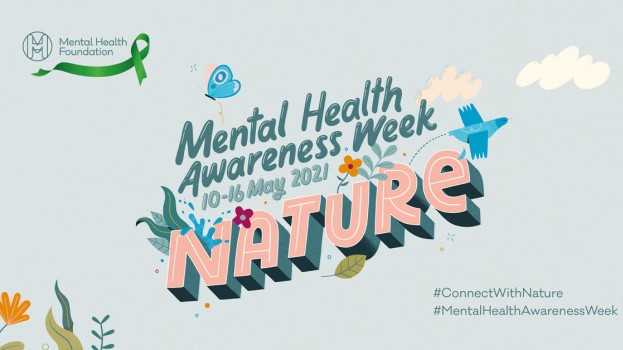How is nature and being outdoors relevant to improved mental health, wellbeing and the workplace?

There is plenty of evidence that getting outdoors into nature benefits our wellbeing.
Among this, Mental Health Foundation’s regular research into the impact of the Covid-19 pandemic on mental health revealed that going for a walk outside was the top way people were coping. Being in green spaces was another of the main coping methods that people reported.
According to the Mental Health Foundation, more than half of UK adults say that being close to nature improves their mental health. Four in 10 people said it made them feel less worried or anxious. Almost two-thirds of people said that being close to nature meant they experienced positive emotions.
An evaluation of the health and wellbeing impacts of volunteering for 12 weeks with the Wildlife Trusts found that it improved mental wellbeing for 83% of the volunteers.
And a 2016 study published by Natural England found that taking part in nature-based activities can contribute to reducing anxiety, stress and depression.
Ways you can benefit:
- experience nature
- share nature
- talk about nature.
‘It is not just being in nature but how we open ourselves up and interact with nature that counts.’ says Mark Rowland, chief executive of the Mental Health Foundation.
‘Even small contacts with nature can reduce feelings of social isolation and be effective in protecting our mental health and preventing distress. Nature is our great untapped resource for a mentally healthy future.’
Healthy workplace
With all that said, how can you apply this to your own life and work?
If you work outside, being mindful of the natural environment around you – safely, and when concentration on the task at hand is not essential – could help to lift your mood and take your mind off what’s concerning you.
If you are office-based, there are ways to introduce nature to your day, such as going for a walk during your lunch break or taking phone calls or meetings outside. Samaritans has other suggestions too.
Don’t forget that if it’s health, safety or wellbeing concerns about your workplace that are on your mind, you can speak to CIRAS to raise your concerns in confidence so you no longer need to dwell on them.
Volunteering is another way that people in the transport industry have been making time for nature and benefiting their mental health in the process. Some of the team from Network Rail and Avanti West Coast at London Euston have been connecting with nature by using their lunch time to help keep the area outside where they work tidy.
If you’re a CIRAS member and your organisation has any mental health initiatives involving nature and the outdoors, let us know and we’d be happy to share your experience with our wider community.
Find out more
Better mental health: practical tips to help you take care of yourself
Mental wellbeing: where to get help and how to offer it to others who may be struggling – including the RAILS model for better, more supportive listening
See also
Our Frontline: mental health at work – for essential workers
Samaritans
Mind: information and support
CALM: the Campaign Against Living Miserably
Andy’s Man Club – Breaking down stigmas, #ITSOKAYTOTALK
Mates in Mind – improving workplace mental health, focusing on construction and related sectors such as transport, logistics and manufacturing
The Lighthouse Club – the construction industry charity, with the construction industry helpline
Tags
- Health and Wellbeing
- Person's Environment
